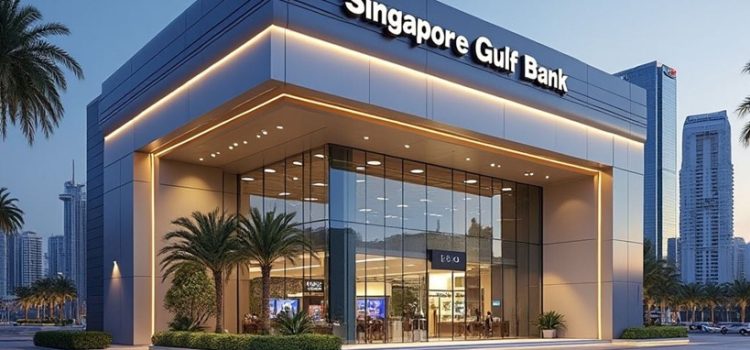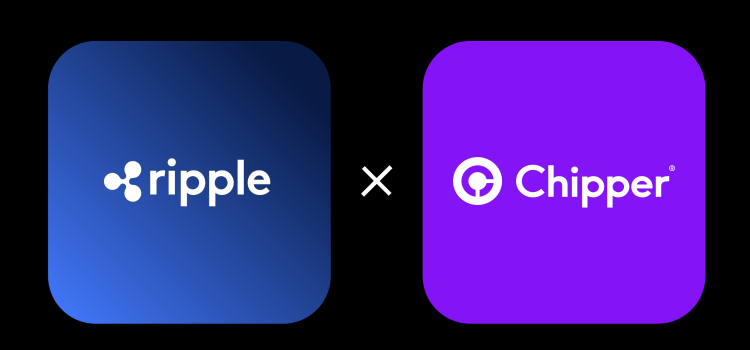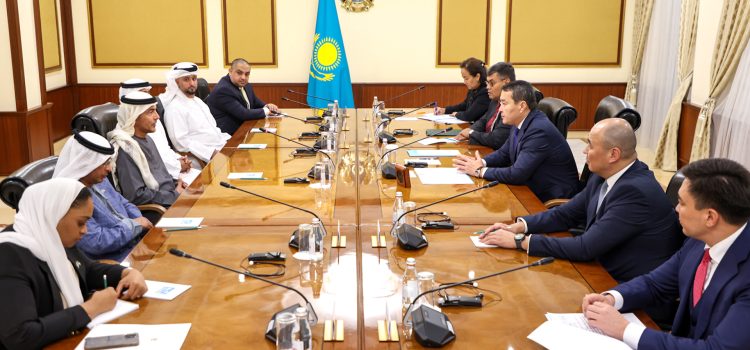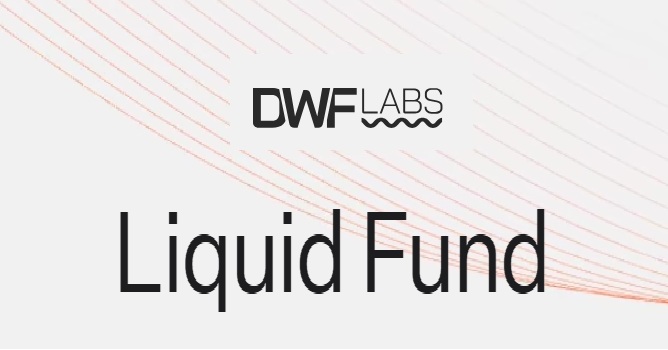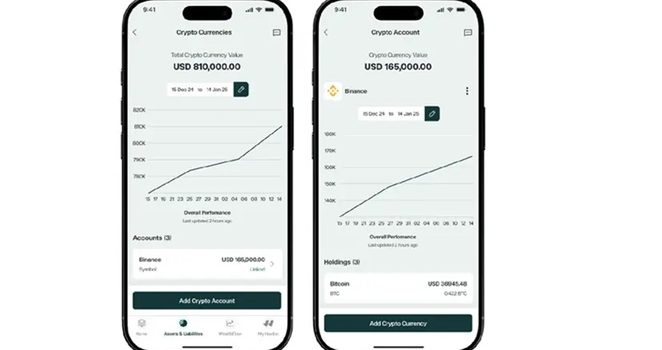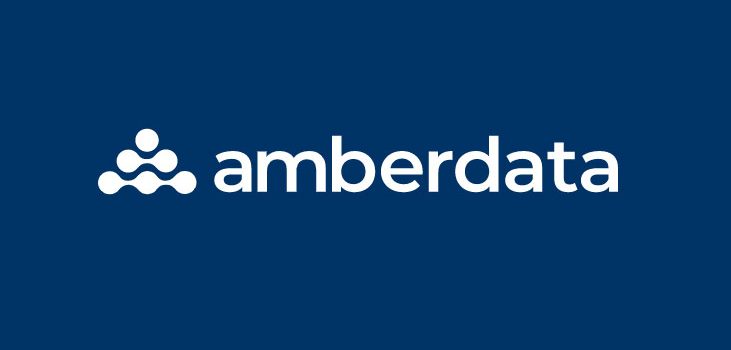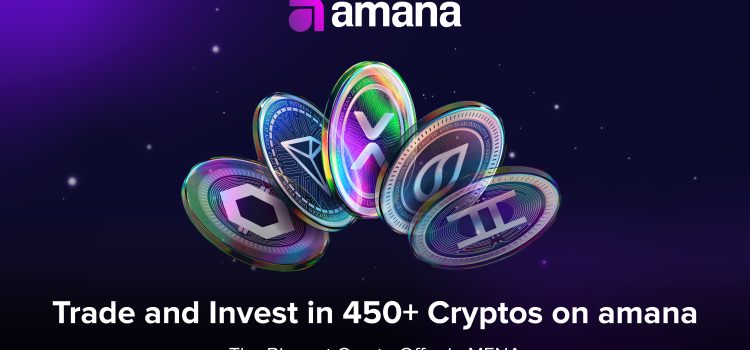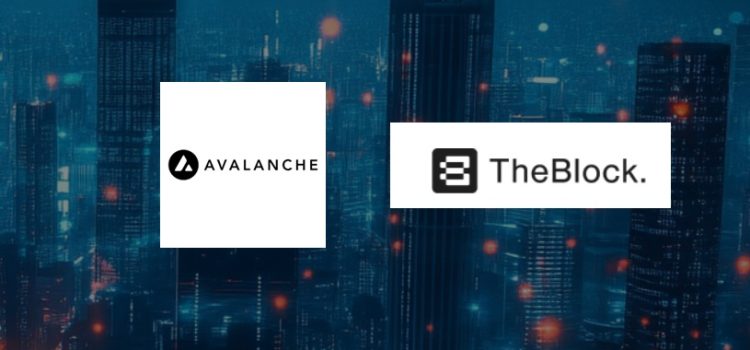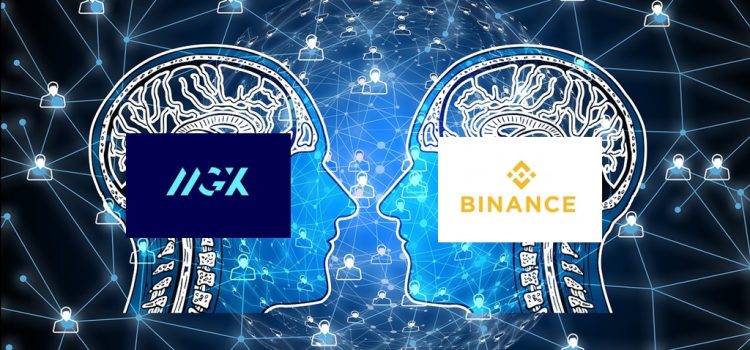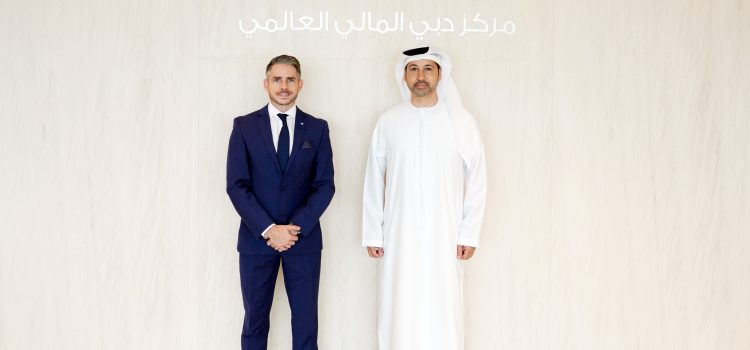As most have hailed the UAE MGX $2 billion investment into Binance as a strategic win for the crypto exchange, the biggest investment to date in a crypto exchange. The real story is what this means for AI (Artificial Intelligence) and leading-edge technology investments and strategy within the UAE.
MGX, chaired by Sheikh Tahnoon Bin Zayed Al Nahyan, the UAE’s national security advisor and a brother of UAE President Sheikh Mohammed bin Zayed, backed not only by Abu Dhabi sovereign wealth fund Mubadala but also G42 invested 2 percent of its 100 billion investment vehicle into the world leading crypto exchange Binance.
MGX the brain child of AI and Advanced Technology Council
MGX was created in 2024 by The Artificial Intelligence and Advanced Technology Council as a Technology Investment Vehicle with Mubadala and G42 as Founding Partners. His Highness Sheikh Mohamed bin Zayed Al Nahyan, the President of the United Arab Emirates announced creation of MGX in January 2024. He hailed it as a technology investment company to enable the advancement and deployment of leading-edge technologies intended to improve the lives of current and future generations.
The aim of the company was to accelerate the development and adoption of AI and advanced technologies through world leading partnerships both in the UAE and globally. MGX focuses on three main areas, AI infrastructure including data centers and connectivity, semiconductors and AI core technologies and applications.
His Highness Sheikh Tahnoun bin Zayed Al Nahyan, deputy ruler of Abu Dhabi and Chair of the AIATC, said at the launch “In MGX, we are establishing a UAE national champion focused on AI and advanced technologies that will shape a future where technology enables a more prosperous, sustainable and interconnected world.
A year later and after investments into OpenAI and Elon Musk’s xAI, DataBricks, Khazna Data, Anthropic and $7 billion in the Stargate Project, as well as partnerships with BlackRock and Microsoft to build data centers and expand energy capacity for AI’s growing demand, it now has invested in Binance.
MGX has now invested $2 billion into Binance
Now, after several huge investments into AI and datacenter projects, MGX has invested 2% or 2 billion of its 100 billion investment vehicle into Binance. Binance explained to Lara on the Block, ” This investment signifies a growing convergence of AI, blockchain, and cryptocurrency technologies. MGX, as an AI-focused investor, is leveraging Binance’s leadership in the crypto space to explore innovative solutions at the intersection of these fields.”
According to Binance the partnership could accelerate the development of AI-powered blockchain applications, decentralized finance (DeFi), and tokenized economies, further integrating these technologies into mainstream finance.
This is further exemplified in a recently commissioned report by Mubadala Investment Company and Abu Dhabi’s AI and advanced technology investor MGX. The whitepaper, titled Alpha Intelligence explored how investment funds are leveraging AI to drive alpha, improve operational efficiency, and redefine portfolio value creation.
Based on a 2024 Bain & Company survey of private equity firms representing over $3.2 trillion in assets under management, the report states that 93% of respondents anticipate moderate to substantial benefits from incorporating AI into their processes within three years, although just 2 % are expecting substantial returns this year.
Current AI usage in the industry remains in the augmentation phase and focused on enhancing existing processes rather than replacing them. However, the pace of AI adoption is accelerating, by deploying AI to automate deal-making, optimize portfolio management, and enhance decision-making processes.
Ahmed Yahia, Managing Director and CEO of MGX said noting the report, “More than any other technology in human history, AI will be pervasive across all aspects of our lives. It will enable greater and faster learning, innovation, technology breakthroughs, cheaper and faster production systems, unparalleled delivery of services. It will enable unprecedented prosperity. As an AI native investment company, we are leveraging AI in everything we do. Fusion with AI starts in MGX.”
Within three-to-five years, funds expect AI to unlock transformative capabilities, including real-time portfolio adjustments and unprecedented efficiencies in sourcing, diligence, and exit strategies.
Binance also adds in its comments to Lara on the Block, that the UAE has positioned itself as a global hub for innovation, particularly in crypto and blockchain. This investment aligns with the UAE’s strategy to foster technological advancement and regulatory clarity in digital assets. They add, “Binance, will likely play a pivotal role in driving adoption, innovation, and regulatory compliance in the region. The partnership reinforces the UAE’s ambition to lead in blockchain and AI driven financial ecosystems.”
Binance’s views on AI in crypto trading in 2025
Concurrently with the $2 billion investment from MGX, Binance published on its blog its views on how AI is revolutionizing multiple industries including crypto trading.
As the blog notes, in 2025, AI-driven trading bots, predictive analytics, and machine learning algorithms are reshaping the way traders analyze data, predict market trends, and execute trades. The blog looks into how AI is being used in crypto trading with AI powered trading Bots, and AI powered crypto projects to watch in 2025.
For example AI-based automated trading bots use machine learning to execute high-frequency trades with precision and speed. Platforms like 3Commas, Pionex, and Cryptohopper have gained popularity for their AI-driven trading algorithms that analyze market conditions in real time.
Additionally, AI can process massive amounts of historical price data to predict potential market movements. Sentiment analysis tools powered by AI also scan social media, news, and trading activity to determine market sentiment before price swings occur. An example: AI models analyzing Twitter & Reddit discussions to detect early crypto trends as well as how AI is being used to enhance risk management by identifying potential liquidation risks, stop-loss recommendations, and portfolio diversification strategies. AI-driven risk assessment helps traders minimize losses and maximize gains.
Binance also names what it calls the top Top AI-Powered Crypto Projects in 2025 such as Fetch.ai ($FET ) – Decentralized AI for automation, SingularityNET (AGIX) – AI marketplace for smart contracts, Ocean Protocol (OCEAN) – AI-driven data sharing network and Numerai ($NMR ) – AI-powered hedge fund model.
As for the future Binance believes that AI-powered trading is expected to grow even more in 2025, with advancements in AI-powered smart contracts for automated transactions, more sophisticated trading bots with deep learning capabilities and AI-enhanced decentralized exchanges (DEXs) for optimized liquidity.
So it would seem that MGX has invested in Binance at a time when AI is seen to be revolutionizing the future of crypto trading, and AI Crypto projects powering data sharing and hedge fund models.
Binance has already made investments in AI projects. Binance Labs, the venture capital and incubation arm of Binance, has already for invested in Sahara AI, a decentralized AI blockchain platform built for open and equitable AI. Sahara AI is building a collaborative AI economy that prioritizes the sovereignty and provenance of AI, ensuring security, equity, and accessibility for all.
It has also invested in MyShell a decentralized AI ecosystem designed to democratize the creation and distribution of AI applications.
Binance Headquarters in UAE? not yet…
Yet despite this huge investment, Binance has still not announced where it will put its headquarters. Binance tells Lara on the Block, ” We will not be disclosing any matters related to our HQ efforts. What we can say is that we have been engaged in a very thorough and comprehensive process as it relates to selecting the location of our headquarters, which has enormous implications with respect to how the company will operate going forward. We are focused on remaining disciplined and thoughtful as we explore our options.”









